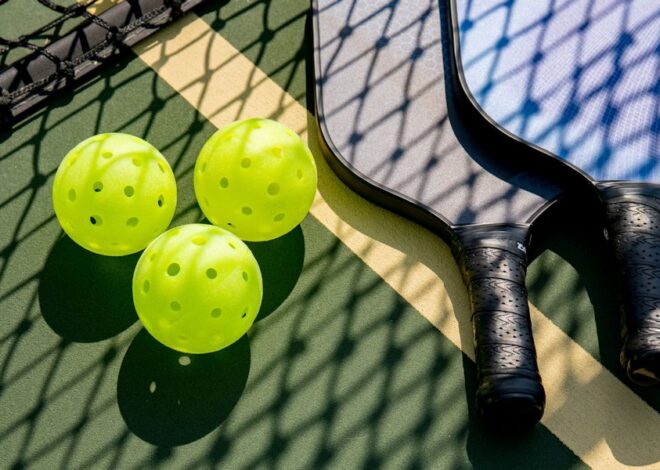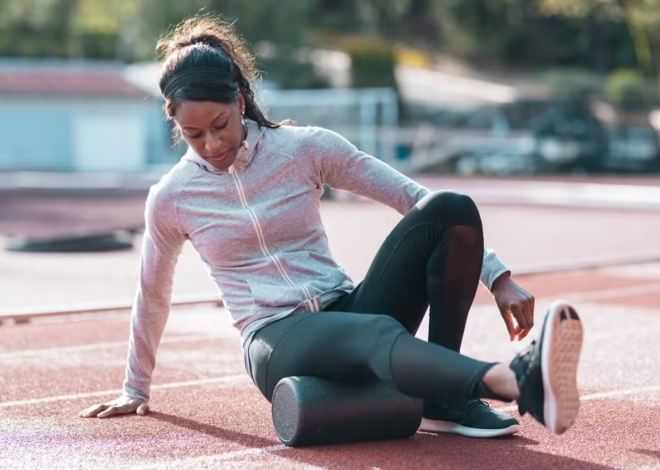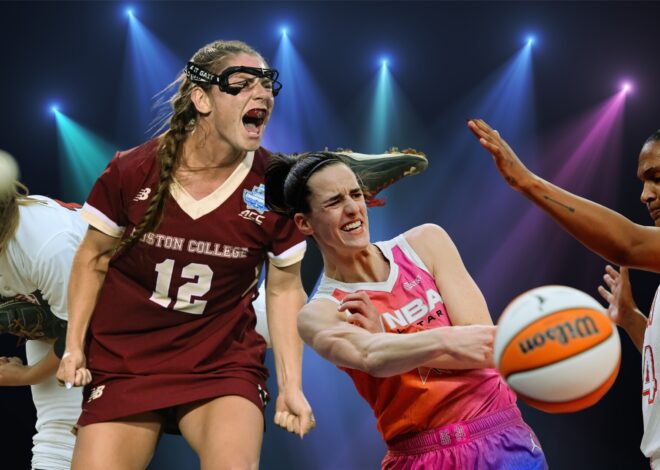
How Amateur Athletes Are Using AI to Improve Their Game
The Rise of AI in Everyday Training
Artificial Intelligence (AI) is no longer just a tool for professional athletes or elite sports teams—it’s rapidly becoming a valuable resource for amateur players striving to reach their personal best. With the rise of affordable AI-powered fitness apps, smart wearables, and virtual coaching platforms, everyday athletes can now access insights once reserved for top-tier professionals. These technologies analyze motion, performance patterns, and even recovery data, helping users make informed decisions about how to train smarter, not just harder. Whether it’s a weekend runner trying to shave seconds off their 5K time or a recreational tennis player improving their swing accuracy, AI tools are transforming the way people approach self-improvement. The democratization of this technology means that anyone with a smartphone or smartwatch can tap into personalized analytics and feedback that can significantly enhance athletic performance over time.
Personalized Training Through Smart Data
One of the greatest advantages of AI for amateur athletes is its ability to create customized training plans based on individual data. AI-driven platforms like Whoop, Strava, and Fitbod analyze a user’s physical metrics—heart rate, sleep patterns, recovery time, and workout intensity—to build tailored recommendations. Instead of relying on generic fitness routines, users get personalized feedback that adjusts in real time. For instance, if an AI app detects fatigue or overtraining through biometric data, it may suggest lighter sessions or additional rest days. This adaptive approach minimizes injury risk while maximizing performance gains. By tracking progress over time, the system identifies strengths and weaknesses, allowing athletes to focus on areas that need the most improvement. This data-driven method empowers amateur athletes to understand their bodies better and train with precision, ultimately accelerating skill development and improving overall endurance and consistency.
AI Coaching and Virtual Feedback
AI-based virtual coaching systems are revolutionizing how athletes learn new techniques and refine existing ones. Instead of relying solely on in-person coaching, athletes can now record their movements and receive instant AI-generated feedback on form, posture, and efficiency. For example, golfers can use AI-powered video analysis apps like Arccos Caddie or Golf AI Coach, which study swing mechanics and suggest corrective actions. Runners and cyclists benefit from gait and cadence analysis tools that help improve stride efficiency and reduce injury risks. This kind of real-time assessment, combined with visual cues and personalized recommendations, mirrors the expertise of a professional trainer without the hefty price tag. Amateur athletes can practice independently while continuously receiving expert-like guidance. The convenience and accuracy of these systems not only enhance motivation but also make sports training more accessible for individuals who may not have regular access to human coaches or specialized training facilities.
The Role of AI in Mental and Recovery Training
AI’s influence extends beyond physical training—it’s also playing a vital role in mental preparation and recovery. Mental fitness platforms like Headspace Sports and Replika AI offer guided meditation, visualization, and stress management techniques tailored to athletes. Meanwhile, wearable devices such as Oura Ring and Garmin Venu use AI algorithms to monitor sleep quality, heart rate variability, and stress levels, providing insights into recovery and readiness for the next workout. This holistic approach helps amateur athletes understand the balance between effort and rest, a concept often overlooked in traditional training routines. By combining psychological well-being with physical analytics, AI ensures that athletes remain both mentally sharp and physically prepared. This integration of mind and body training highlights how technology is helping athletes build resilience, reduce burnout, and sustain long-term motivation, transforming the amateur sports experience into something more comprehensive and sustainable.
The Future of AI for Everyday Athletes
As AI technology continues to evolve, the future of amateur athletics looks more personalized and connected than ever. Emerging tools will soon combine advanced biometrics, augmented reality, and predictive analytics to create immersive and intelligent training experiences. Imagine AI systems that can simulate real-world game conditions, provide live tactical advice during matches, or automatically adjust workout plans based on environmental factors like weather or air quality. Moreover, social AI platforms are enabling community-based competition, where athletes can compare performance, share progress, and stay motivated through collaborative challenges. The combination of data-driven insight and social engagement makes training not only more effective but also more enjoyable. Ultimately, AI is redefining what it means to “train like a pro,” empowering amateur athletes everywhere to unlock their full potential and reach new heights in their personal fitness journeys.



